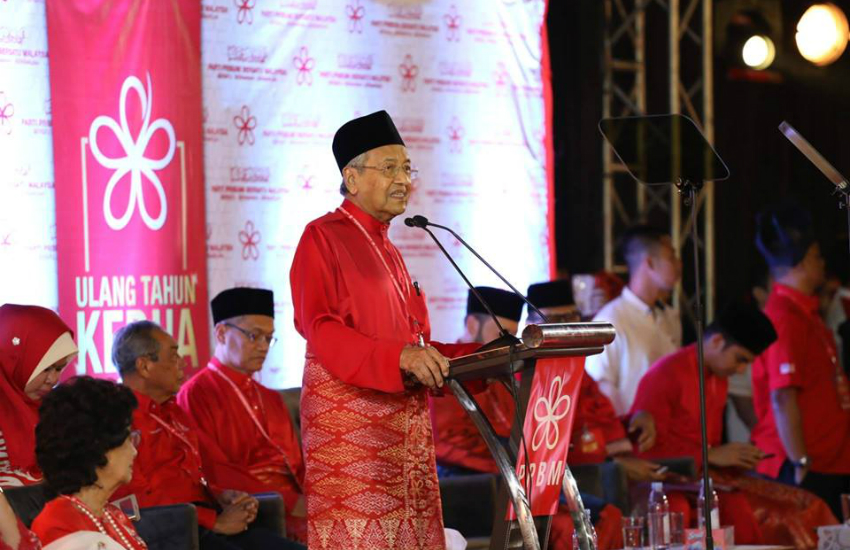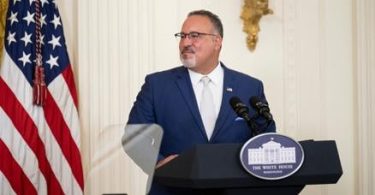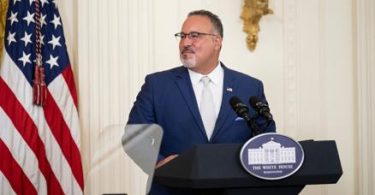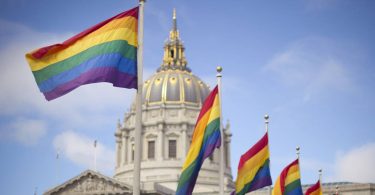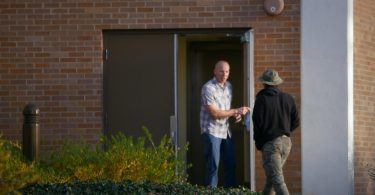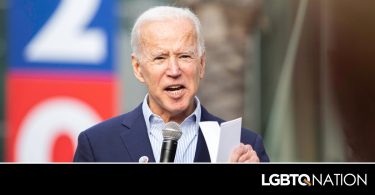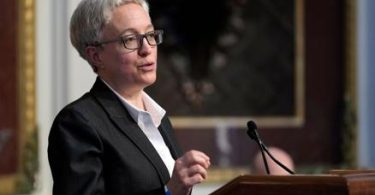Malaysia’s leader Mahathir Mohamed had promised to protect human rights during election campaigns (Photo: Facebook)
More than four months after a historic change in government in Malaysia, the LGBTI community is bemoaning a backsliding in rights in the country.
Malaysia’s new leader Mahathir Mohamed promised, with his Pakatan Harapan coalition, to tackle human rights and launch ‘Malaysia Baru’, a New Malaysia.
‘The reality is nothing changes’ an LGBTI actor and director in capital Kuala Lumpur told Gay Star News. ‘I still don’t feel like a worthwhile citizen’.
In the last two months, Malaysia caned two women for attempting lesbian sex. Police also raided the oldest gay club in the country. What’s more, ministers and politicians have spoken out against the LGBTI community.
‘The LGBT community, long persecuted by the previous regime, has not received any respite in Malaysia Baru’ transgender group Justice for Sisters said this month.
‘If anything, we have seen a deterioration of LGBTI rights since Pakatan Harapan came into power’, researcher for Amnesty International, Rachel Chhoa-Howard, told Gay Star News.
Significantly, homosexuality is illegal in Malaysia under Section 377 of the Penal Code. Its similar colonial-era legislation to the anti-gay law that India dismantled last week.
A 2013 survey found 86 percent of Malaysians believed homosexuality should not be socially accepted. Only nine percent said it should.
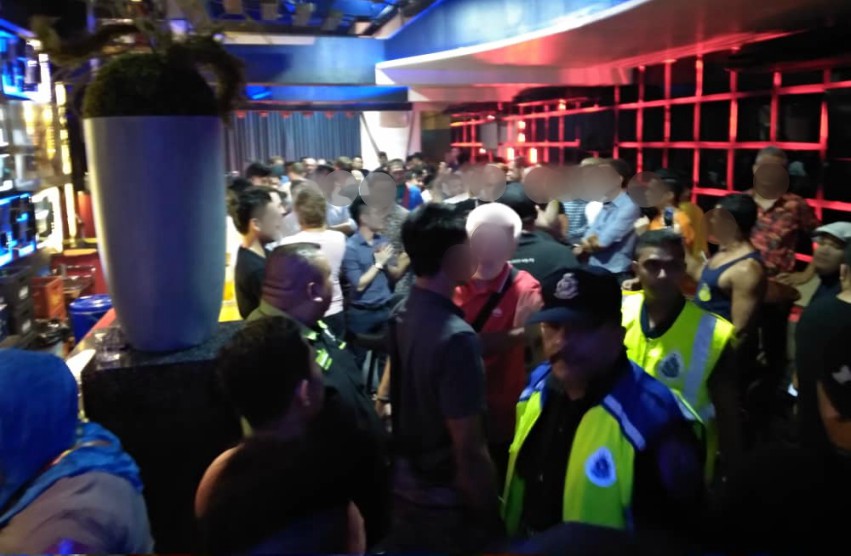
Punters wait for police action at Blue Boy in Malaysia. Photo: Facebook/Kementerian Wilayah Persekutuan
What has happened?
In July, Numan Afifi, an LGBTI activist working for the sports minister, quit his position. ‘The backlash and threats from opposition propagandists have made it impossible for me to exercise my duties,’ he wrote in a statement.
In early August, officials removed portraits of two LGBTI activists from a photography exhibition in Panang. The Religious Afffairs Minister said ‘we do not support the promotion of LGBT culture in Malaysia’.
The same month, authorities raided iconic gay club, Blue Boy, in the capital Kuala Lumpur. Police had not raided the club in its 30-year history.
Most noteworthy, conservative Terengganu state caned two women for attempting lesbian sex. Malaysia’s Syariah Court sentenced them. Worryingly, a second state in Malaysia, Pahang, said it was also considering caning for LGBTI ‘crimes’.
Rights advocates have denounced the declining situation. The government has offered vague and often conflicting responses to the community.
‘The government seems to be quite defensive about LGBT rights issues as if they fear being politically attacked if they defend LGBT people’, Phil Robertson of Human Rights Watch (HRW) Asia told gay star news.
Prime Minister Mahathir denounced this month’s caning. He said it ‘did not reflect the justice or compassion of Islam’.
In the run up to elections in May, however, Mahathir made his opinions on homosexuality clear. ‘I’m a Muslim, we don’t accept that,’ he told the Guardian.
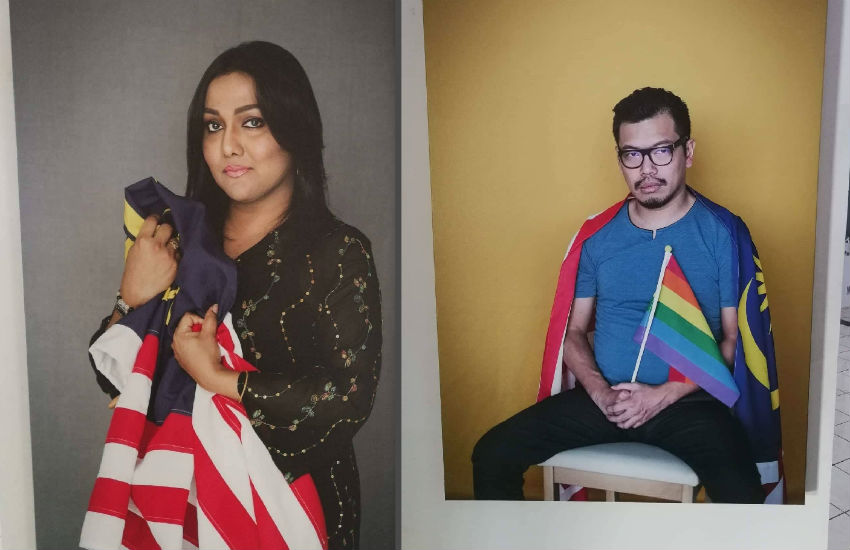
Authorities removed portraits of LGBTI activists from a photo exhibition in Malaysia. Photo: Facebook
What is next?
A coalition of LGBTI rights groups in Malaysia called on Pakatan Harapan to respect its manifesto. It pledged to ‘make our human rights record respected by the world’.
‘It is incumbent upon our elected leaders to lead the way in ensuring that the fundamental liberties enshrined in the Federal Constitution guarantee protection for all Malaysians’, they said in a statement.
Meanwhile, the Malaysian Bar Council and the Joint Action Group for Gender Equality (JAG) separately called on the government to cease corporal punishment after the caning.
JAG called on the new government to ‘show the political will and courage to once and for all deal with the implications of such intrusive moral policing laws’.
Furthermore, international rights groups called on Malaysia to end rights-abusing laws. Robertson from HRW encouraged LGBTI Malaysians to work with the UN, diplomats, civil society groups, and the media. He urged people to change the way LGBTI people are perceived in Malaysia.
‘The right to privacy, the right to choice of sexual orientation and gender identity, and the guarantee of non-discrimination need to be seen as essential parts of what it means to be Malaysian’, he said.
Chhoa-Howard of Amnesty International urged the international community to call on the government to fulfill its commitment to human rights.
She further noted that in November the United Nations will review Malaysia’s human rights record.

